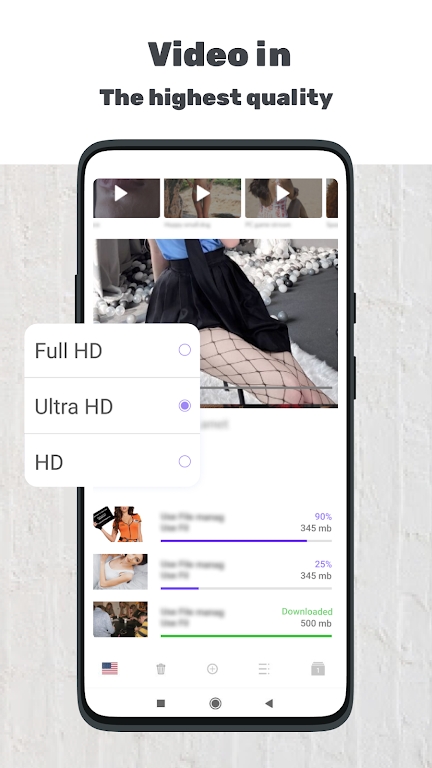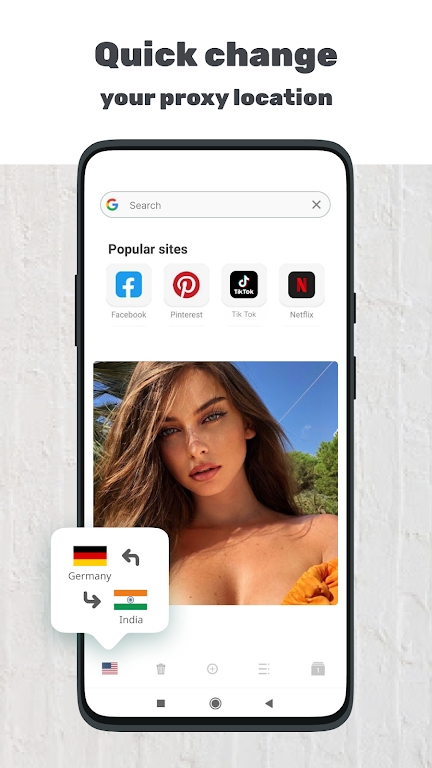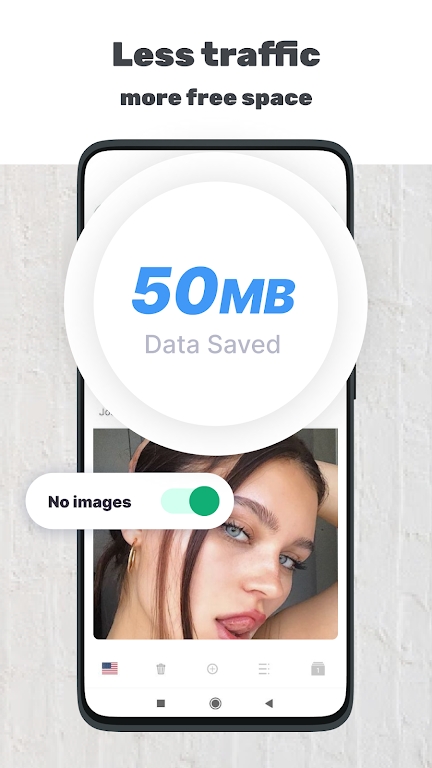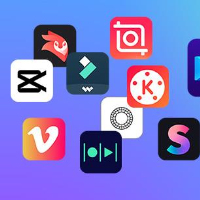Proxy Browser also known as a web proxy browser, is a tool or application that allows users to access websites through a proxy server.
Functions:
Access Blocked Websites: Proxy browsers enable users to bypass internet censorship or restrictions imposed by governments, organizations, or network administrators. By routing their internet traffic through a proxy server located in a different geographic location, users can access websites that may be blocked in their region.
Anonymity and Privacy: Proxy browsers can enhance users' online privacy and anonymity by masking their IP addresses. By connecting to a proxy server, users can hide their real IP address and location from the websites they visit, making it more difficult for third parties to track their online activities.
Security: Some proxy browsers offer additional security features, such as encryption and malware protection, to safeguard users' data and devices from potential threats while browsing the web.
Performance Optimization: Proxy browsers may cache web content and compress data to improve page load times and reduce bandwidth usage, particularly for users with slower internet connections or limited data plans.
Characteristics:
Proxy Server: Proxy browsers operate by redirecting users' internet traffic through a proxy server, which acts as an intermediary between the user and the destination website.
Browser-Based: Proxy browsers are typically web-based applications or browser extensions that users can access through their web browsers, such as Google Chrome, Mozilla Firefox, or Safari.
User Interface: Proxy browsers often feature a simple and user-friendly interface, allowing users to enter the URL of the desired website and initiate the browsing session with a single click.
Settings and Options: Proxy browsers may offer various settings and options for users to customize their browsing experience, such as selecting a specific proxy server location, enabling encryption, or managing cookies and other tracking technologies.
Highlights:
Access to Restricted Content: Proxy browsers provide users with the ability to circumvent internet censorship and access blocked websites, including social media platforms, streaming services, and news websites.
Enhanced Privacy: By hiding their IP addresses and encrypting their internet traffic, proxy browsers help users protect their online privacy and anonymity, particularly when browsing on public Wi-Fi networks or using unsecured internet connections.
Security Features: Some proxy browsers offer built-in security features, such as HTTPS encryption, malware protection, and ad blocking, to enhance users' online security and protect them from potential threats.
Performance Optimization: Proxy browsers may improve browsing performance by caching web content, compressing data, and reducing bandwidth usage, resulting in faster page load times and smoother browsing experiences.
Advantages:
Circumvention of Internet Censorship: Proxy browsers empower users to bypass internet censorship and access blocked content, enabling freedom of information and expression.
Protection of Online Privacy: Proxy browsers help users safeguard their online privacy and anonymity by hiding their IP addresses and encrypting their internet traffic, reducing the risk of surveillance and tracking.
Security Enhancement: Proxy browsers offer additional security features to protect users' data and devices from potential threats, including encryption, malware protection, and ad blocking.
Performance Improvement: Proxy browsers can optimize browsing performance by caching web content, compressing data, and reducing bandwidth usage, resulting in faster page load times and smoother browsing experiences.
























